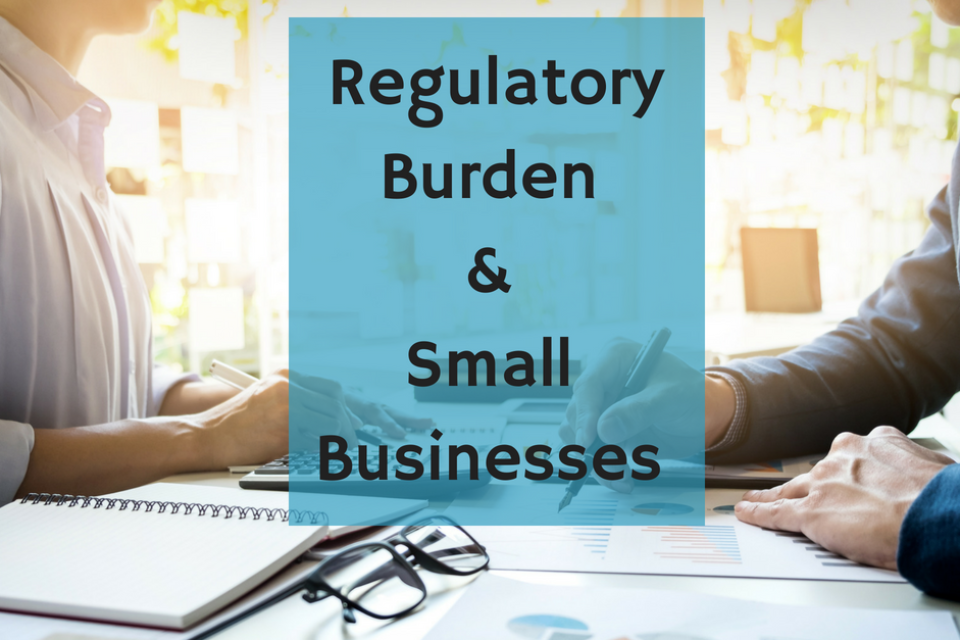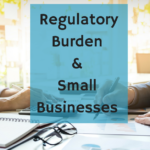Assistance for Small Businesses Helps Reduce Regulatory Burden

In order to run a business, there are countless complex regulations that must be followed.
This is a huge burden on small businesses – both with time spent and financial costs. Unlike larger companies, small businesses often do not have the resources to hire a team of lawyers or experts to help guide them.
Congress is working to reduce those excessive and unnecessary regulations, and we have made progress. In the meantime, small businesses can take advantage of free support to help navigate the complex regulatory landscape. Assistance programs offered by various agencies helps to lessen the burden.
“The Senate Small Business and Entrepreneurship Committee, of which I am a member, has outlined some key opportunities for small businesses who need assistance with regulatory, tax and other concerns. These include compliance and small business assistance from the Occupational Safety and Health Administration (OSHA) and support from the Office of Advocacy at the U.S. Small Business Administration (SBA). Small businesses can better understand the laws and rules that are relevant to their business by utilizing the free guides, tools and materials from these agencies.” Shared Senator Mike Enzi.
For small businesses that are looking for advice on safety and occupational health regulations, OSHA’s no-cost consultation program delivers visits to work-sites across the country. In Wyoming, the Department of Workforce Services performs this service. There are many benefits to this program. It is completely confidential and free, and the agency will not issue citations or penalties for problems that are uncovered. To request this voluntary assistance and find out more about how this program can help your small business, you can visit the Workforce Services website.
Small businesses that are burdened from regulations can also voice their concerns to the SBA. The Office of Advocacy at the SBA hosts roundtable discussions to hear firsthand from small businesses to identify key areas for regulatory reform. This information is then used to inform and educate the small business public and identify recommendations for government changes. Small businesses that are unable to attend the roundtable can still voice concerns by filling out a form on the SBA’s regulatory reform page.
“These assistance programs can help alleviate the troubles that small businesses face every day. These are only a handful of the resources available to help lessen the load of complying with burdensome regulations. As a senior member of the Senate Small Business and Entrepreneurship Committee, I will continue to promote programs that help small businesses.” Further expressed Senator Enzi.


